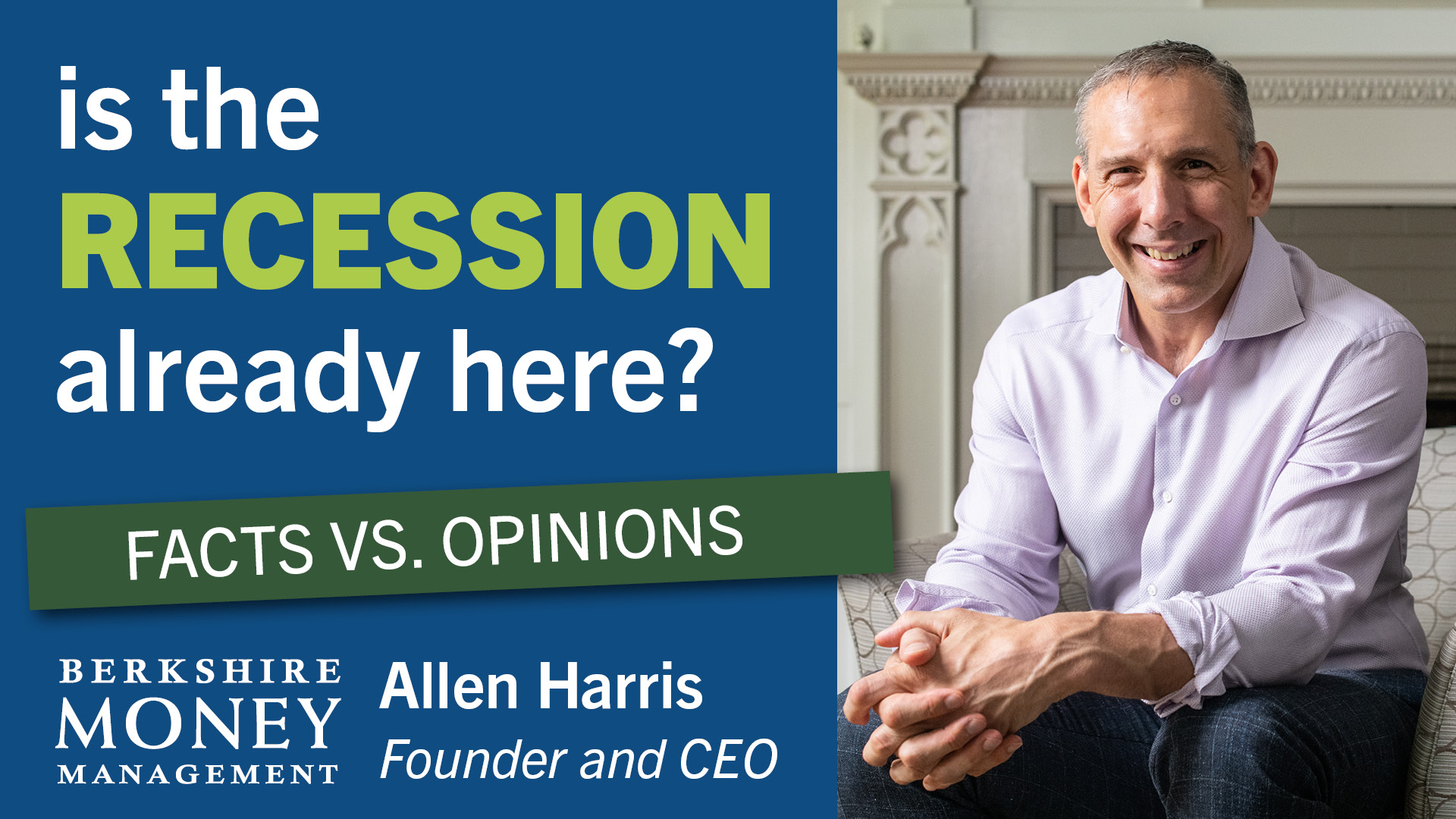Recession or Not? Analysis by Allen Harris, October 2022
Is the U.S. economy currently in a recession? The National Bureau of Economic Research isn’t officially calling this a recession, but after two consecutive quarters of declining GDP, Berkshire Money Management Founder and CEO Allen Harris is convinced that what we’ve been experiencing in 2022 is, in fact, a recession. And as the Federal Reserve’s…
Has inflation hit its peak?
The Consumer Price Index (CPI) is an often-used gauge of inflation in the U.S. economy. On December 10, 2021, the CPI rate was a blistering 6.8 percent year-over-year (YoY), more than triple the Federal Reserve’s 2 percent target and its highest level since 1982. Even though energy takes up less than 8 percent of the…
What is causing the labor shortage?
There has been much conjecture, but little evidence, as to why the U.S. is experiencing a labor shortage. Some say it’s because people are lazy and are exploiting the system. Some say it’s because greedy employers aren’t paying enough. Many people have made up their minds about “why” there is a labor shortage before enough…




Layoffs ahead? The Fed’s efforts to beat inflation, October 2022
For the Federal Reserve, slowing inflation may mean slashing job growth. Will we trade high inflation for high unemployment? Berkshire Money Management CEO and Founder Allen Harris explores how employment is impacted by interest rates, and why the Federal Reserve might want you to lose your job. TRANSCRIPT: The Federal Reserve is an…
By Allen Harris
October 12, 2022